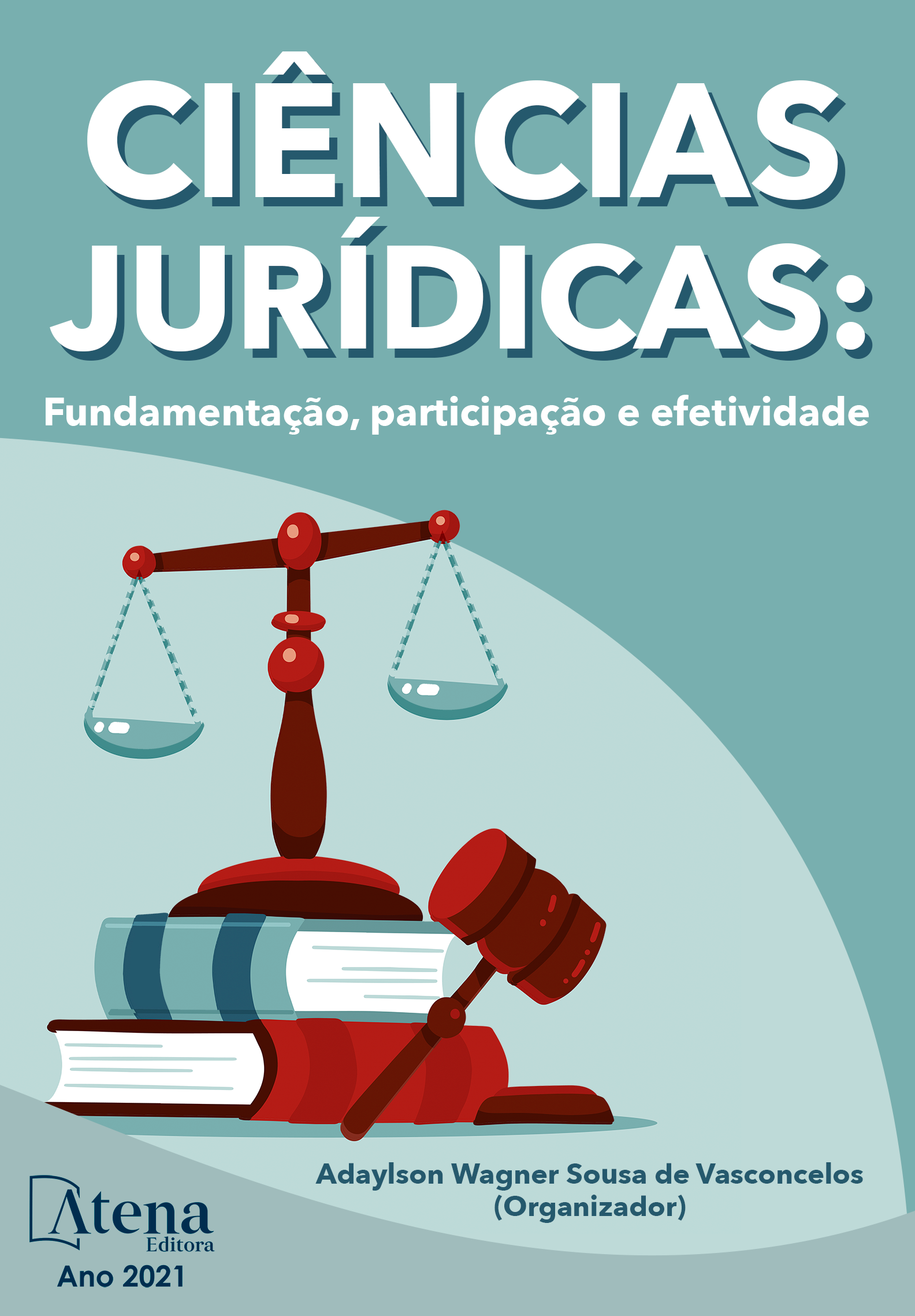
DO REGULAMENTARISMO AO ABOLICIONISMO: A PROSTITUIÇÃO COMO MAL NECESSÁRIO E A PROSTITUTA COMO DEGENERADA NATA
O presente artigo objetiva o estudo da regulação jurídico-penal da prostituição feminina, atrelada à imposição da feminilidade burguesa em consolidação no Brasil a partir do século XIX. Parte-se do pressuposto de que o estigma destinado às meretrizes foi salientado devido ao ideal repressivo de mulher. Para tal, analisam-se as circunstâncias históricas, bem como as teses científicas que fomentaram a dualidade entre as mulheres que correspondiam ao seu papel expectável e as mulheres prostitutas, consideradas seu contraponto. Também são estudados os reflexos da moralidade na legislação pátria, desde a adoção do abolicionismo no Código Republicano, até o recém arquivado Projeto de Lei “Gabriela Leite”, juntamente às considerações das meretrizes acerca da prostituição. A manutenção desta atividade segundo o abolicionismo penal, problemática evidenciada ao longo deste trabalho, é entendida como insatisfatória às premissas do sistema abolicionista e às reivindicações das trabalhadoras sexuais. Utiliza-se o método dedutivo, fundamentado através da análise de levantamento bibliográfico das áreas do Direito (enfocado no Direito Penal), revisão de legislação e jurisprudência; da Antropologia jurídica e dos Estudos de Gênero.
DO REGULAMENTARISMO AO ABOLICIONISMO: A PROSTITUIÇÃO COMO MAL NECESSÁRIO E A PROSTITUTA COMO DEGENERADA NATA
-
DOI: 10.22533/at.ed.8902115067
-
Palavras-chave: Prostituição feminina; feminilidade; moralidade burguesa; sistema abolicionista.
-
Keywords: Female prostitution; femininity; burgeois morality; abolitionist approach.
-
Abstract:
This paper aims to analyze the regulation of female prostitution connected to the imposition of a sort of bourgeois femininity, since the 19th century in Brazil. It is assumed that the stigma was highlighted due to the repressive ideal of women. In this regard, the historical circumstances, as well as the scientific theses that fostered the duality between women who corresponded to their expected role and the female prostitutes, are analyzed. Also, the reflexes of morality in the national legislation are studied, from the adoption of abolitionism in the Republican Code, to the recently filed “Gabriela Leite” Bill, based on the considerations of prostitutes about their own activity. The maintenance of the prostitution according to the abolitionist approach, a problem evidenced throughout this work, is understood as unsatisfactory to the premises of the abolitionism and to the demands of sex workers. The research uses the deductive method, developed through the analysis of bibliographic survey of the areas such as Law (with emphasis on Criminal Law), discussions of legislation and jurisprudence; Legal Anthropology and Gender Studies.
-
Número de páginas: 15
- ISADORA VIER MACHADO
- Cinthya Ayumi Yotani
- GISELE MENDES DE CARVALHO


